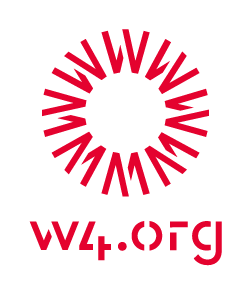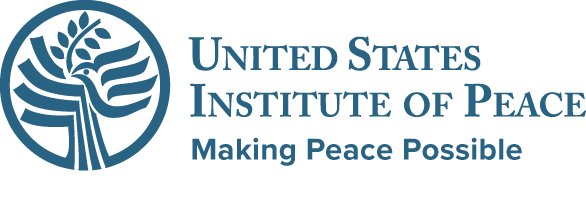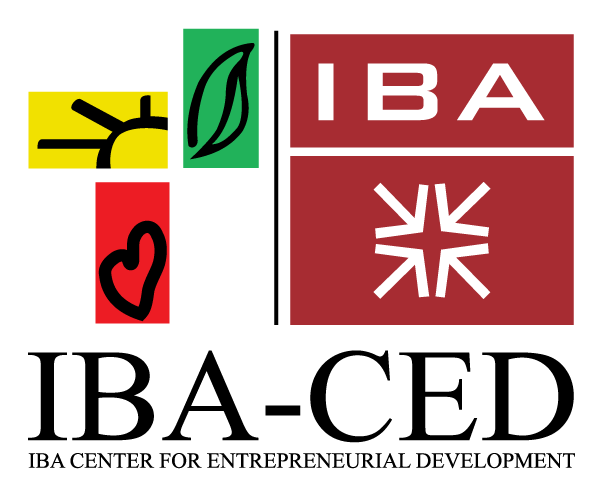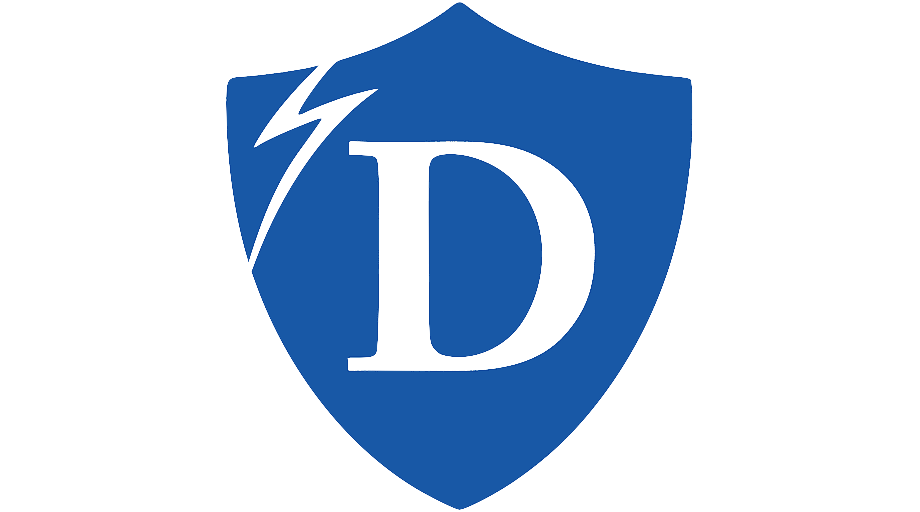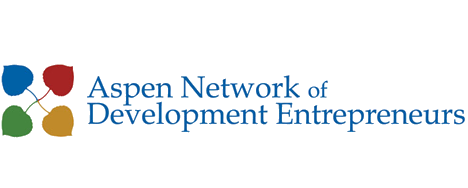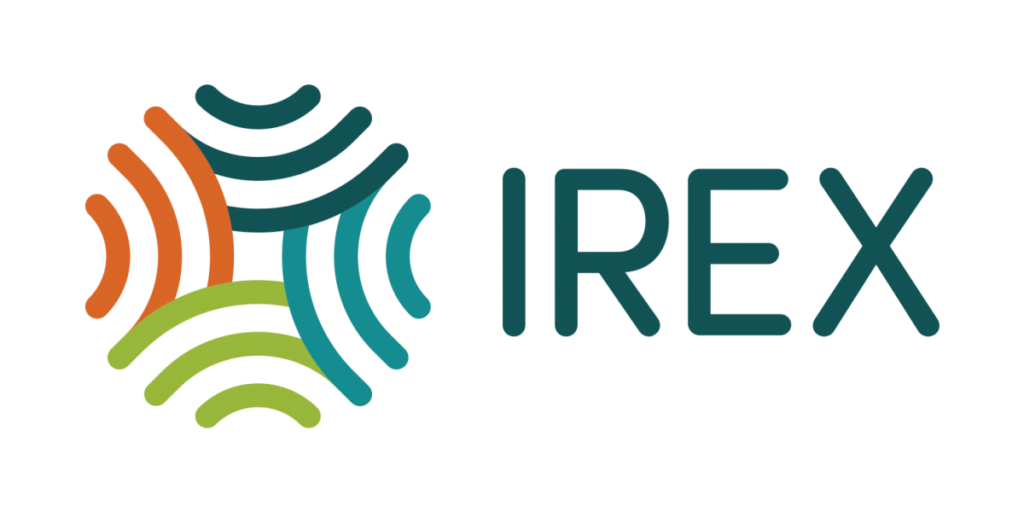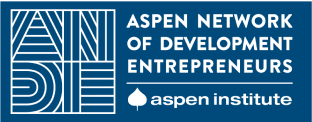Product Management Accelerator
Welcome to Product Management Accelerator, dedicated to empowering women professionals in Pakistan to excel in the dynamic field of product management. Our 14-week program offers a transformative learning experience designed to equip women with the skills and knowledge needed to thrive as product managers, facilitating career pivots and professional growth.
14 WEEKS | LIVE + ASYNC | TRANSFORMATIONAL
Program Overview
Our 14-week Product Management Accelerator Program is designed for women professionals, providing a comprehensive introduction to product management principles, methodologies, and best practices. This program covers key topics such as market research, product strategy, agile development, and stakeholder management. Through masterclasses with experts and workshops from industry professionals, participants develop a solid understanding of product management fundamentals and enhance their skills in leading product initiatives.
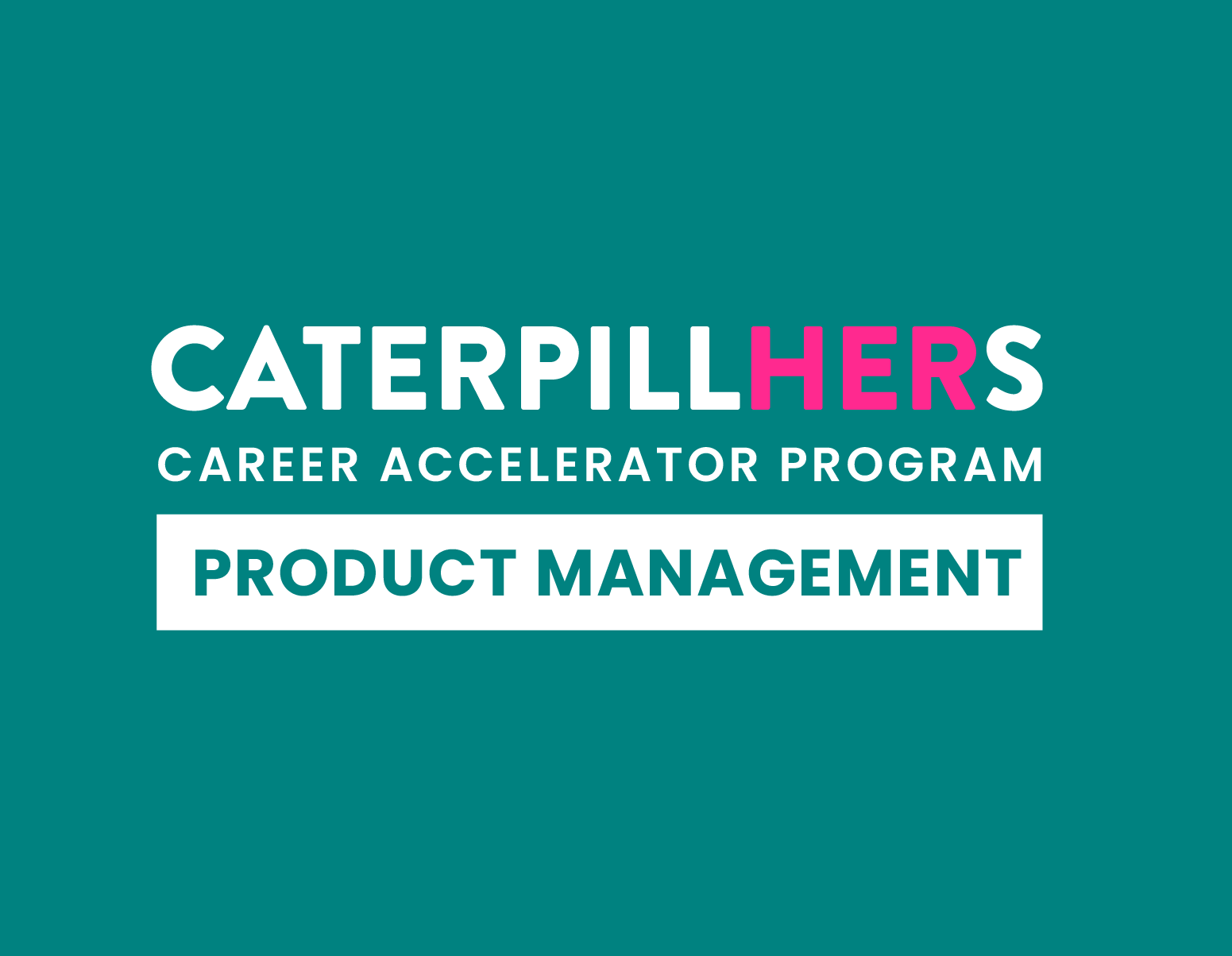
USD 200
PKR 55,000
What’s Included

20+ hours of Video Content

Expert workshops, masterclasses, and webinars

14 weeks of blended learning
and much more!
CLASSES START
Second Half of 2025
Want To Know More?
Reach out to faiza@caterpillhers.com
Who is this program for?

Mid-Career Professionals:
You're a mid-career professional seeking to enhance your skills and transition into a product management role, where you can apply your experience and expertise to drive business success.

Tech Enthusiasts
You have a passion for technology and a keen interest in shaping the future of digital products and services, eager to gain the knowledge and skills needed to thrive in the fast-paced tech industry.

Aspiring Entrepreneurs
You dream of launching your own product or startup and recognize the importance of mastering product management principles to bring your vision to life and drive business success.

Career Advancers
You're seeking to accelerate your career growth and unlock new opportunities for advancement, recognizing product management as a strategic pathway to leadership and influence.
Meet the Instructors and Coaches
Whether it is just insightful advice or a high-touch support throughout our designated cohorts, our coaches get it. Here are some of the industry veterans and content experts who provide support to our founders.
Faiza Yousuf
CPO, CaterpillHERs
Ifrah Waqar
VP, Product, 360 Digital Marketing LLC
Usman Younas
Product Manager at Arbisoft
What’s Included

Expert Masterclasses

Vetted Product Management Curriculum

Smart Certificates

Access to CaterpillHers Academy

Bi Monthly Coaching Sessions

Live Networking sessions
Module 01: Introduction to Product Management
This lesson outlines the key topics from the first module. In the following lessons, we will dive into the basics of product management and understand the PM mindset, business models, communication with stakeholders, pricing & product strategies, etc.
This lesson discusses the meaning of product management, which refers to the entire process of designing, developing, launching, and managing a product. We will also learn about the differences between project managers and product managers, and understand the career demands of a product manager.
This lesson takes us through a product manager's roles and responsibilities, including defining the product vision and strategy, coordinating development with cross-functional teams, and gathering customer feedback for informed improvements.
This lesson explores the mindset a successful product manager should possess, including strategic thinking, analytical skills, and customer focus. These skills help develop a vision aligned with business goals, understand the market, and assess product performance through data analysis.
This lesson focuses on the four stages of the product lifecycle: launch, growth, maturity, and decline. We will learn about different actions a PM takes during each phase which includes research, building product awareness, marketing, retaining customers, and revamping product details when necessary to maintain market relevance.
This lesson emphasizes the importance of effective shareholder communication. We will discuss how a PM develops products in alignment with customer needs through clear communication of objectives, task assignments, and team cohesion.
This lesson underscores the role of testing and validating business models to ensure effectiveness and alignment with your goals. We will explore testing feasibility and market fit for product-based and service-based businesses respectively and create a custom business model canvas to identify the direction of our product/service.
This lesson is dedicated to Product Strategies, vital for bringing our products to life From understanding our vision to crafting custom solutions, we'll learn what to build, how to proceed, and why it all matters for our success.
This lesson is dedicated to Product Strategies, vital for bringing our products to life From understanding our vision to crafting custom solutions, we'll learn what to build, how to proceed, and why it all matters for our success.
This lesson concludes the first module and summarizes the key topics. From understanding the role and mindset of a product manager to navigating the product lifecycle, pricing strategies, and effective communication with stakeholders, etc. we have covered lessons for successful product management.
Module 02: Technology Fundamentals
This lesson introduces the topics of the second module which is based on understanding product management’s technical architecture such as web and mobile technologies, UI & UX, cloud platforms and models, APIs & microservices, etc.
This lesson defines the technical architecture that is at the heart of tech products and influences feature development, cost, performance, and scalability. We will explore two main types of architecture, examining their pros and cons, and also look at a real-life example of product architecture to provide practical insights.
This lesson covers web development for tech products, focusing on front-end and back-end technologies, including languages and frameworks. We will learn about Full stack, MEAN stack, MERN stack, and common databases and Gain insights into the roles of engineers and our product’s tech stack.
This lesson explores mobile app development within your product's ecosystem, covering native, cross-platform, and hybrid apps, along with their pros and cons. We'll look at common examples of each type and examine typical mobile app architecture.
This lesson introduces User Interface (UI) and User Experience (UX) design, highlighting their differences and overlap in enhancing product usability and interactivity. We'll cover key principles and tools used to create a user-friendly and delightful product.
This lesson discusses cloud computing, which simplifies building and maintaining technology infrastructure. We'll cover basic cloud computing models, key service providers, and go over cloud-native and cloud-ready applications, providing essential tools for bringing a product to life.
This lesson covers the basics of APIs and microservices, essential tools engineers use for data access, service development, and product improvement. We'll explore APIs, REST APIs, the API economy, and the differences between free and paid APIs, offering insights into selecting third-party APIs.
This lesson summarizes Module 2, covering the technical architecture of product management, including web and mobile technologies, UI/UX design, cloud platforms, and APIs. We defined key concepts, explored architectures and tech stacks, and discussed mobile app development, cloud computing models, and APIs and microservices.
Module 03: Product-Market Fit and Customer Development
This lesson serves as an overview of the third module which is based on considering customer discovery and finding the product-market fit. We will take an in-depth look into Design Sprints, Competitive Analysis, Funnels, and ways to collect and utilize user data and feedback.
This lesson highlights the importance of products solving problems or meeting needs to survive. We'll cover Product-Market Fit (PMF) and the Product-Market Fit Pyramid to ensure your product addresses real customer needs and examine examples of failed products that missed the mark.
This lesson is dedicated to the Design Sprint Process, a step-by-step method for problem identification, design, prototyping, and testing. We will learn how this approach lets us see customer reactions early, ensuring we create effective solutions for the right problems.
This lesson helps to understand the importance of knowing the market size to ensure our products can achieve revenue goals. It will cover market sizing metrics: TAM, SAM, and SOM, to help you make informed decisions and we will also learn how to identify competitors and gain a competitive edge.
This lesson explains how to prepare a Business Case for stakeholders and the next steps. We will learn that after the business case is approved, a PM creates a Proof of Concept (POC) leading to a Minimum Viable Product (MVP) to validate the product and start the design and development process.
This lesson discusses the importance of the Customer Development Process in identifying and engaging the right customers. It covers Steve Blank's four-step framework, with a focus on the Customer Discovery phase, and explores needs assessment, buying motivations, and key pointers for Product Managers
This lesson covers Funnels, which map the customer journey to conversion. We'll explore their importance, the AIDA model, and the metrics used in funnel analysis. Additionally, we'll discuss the Product Funnel, Product-Led Growth Flywheel, and tools for building and managing funnels.
This lesson delves into the data collection methods such as surveys, interviews, and diary studies. We'll discuss guidelines for forming interview questions and tips for conducting user interviews. Additionally, we'll explore the diary study process and offer practical tips.
This lesson underscores the importance of understanding biases and their impact on decision-making as Product Leaders. We'll explore four main biases—Affinity, Authority, Confirmation, and Survivorship—and discuss examples and strategies to avoid them.
This lesson wraps up the third module in which we explored customer discovery and product-market fit. Lessons also covered Design Sprints, PMF, market sizing, Business Case preparation, Customer Development, funnels, data collection methods, and understanding biases to enhance decision-making as Product Leaders.
Module 04: Product Design & Development
This lesson introduces the topics of the fourth module. We will understand product design and development and cover wireframes, user flows, journeys, and personas, alongside development processes like Scrum, including events and artifacts. Product testing and product roadmaps central to the development process will also be discussed.
This lesson focuses on mapping out the user journey and creating visual representations through wireframing in the product design process. We will also learn about user flow identification, which allows for quick iteration, and wireframing, enabling the creation of low-fidelity product versions for refining the look, feel, and flow.
This lesson delves into User Personas and User Journey maps, crucial in identifying user behaviors, interests, and interactions with the product across all touchpoints. By incorporating these concepts into the product design phase, one can better tailor their product to meet user needs and expectations.
This lesson introduces Design Thinking, a comprehensive problem-solving approach expanding upon Design Sprint principles. Through its iterative and non-linear nature, Design Thinking facilitates continuous refinement in product design, minimizing costs and enabling efficient problem resolution early in the design process.
This lesson dives into the implementation phase, transitioning research and design into actionable plans for product development. It focuses on essential processes and activities for Product Managers, exploring software development methodologies such as Agile and frameworks like Scrum.
This lesson explores the artifacts crucial for smooth software implementation. We'll discuss how product requirements shape Epics, which are then detailed into User Stories and organized in the Backlog.
This lesson examines how the Agile development process fosters continuous improvement through Retrospectives. We'll also discuss the significance of product demos and the value of user testing and stakeholder feedback in uncovering enhancements before public release.
This lesson covers an important product management tool – the Product Roadmap which is a plan of action for how a product or solution will evolve over time. It expands on the steps to build effective product roadmaps and highlights the common mistakes to avoid.
This lesson summarizes the fourth module in which we focused on product design and development and covered wireframes, user personas, and Scrum methodologies. It explored Design Thinking for problem-solving and emphasized Agile's role in continuous improvement throughout implementation.
Module 05: Metrics, Measurements, & Estimations
This lesson provides an overview of the fifth module, focusing on measuring product data for informed decision-making. Topics include Metrics, KPIs, OKRs, Heatmaps, Predictive Analytics, segmentation, and assumptions, with a focus on understanding user preferences through experiments.
This lesson underscores the importance of product metrics, KPIs, and OKRs in guiding product development and strategy. It emphasizes selecting meaningful metrics, avoiding vanity metrics, and understanding the North Star metric. Additionally, it explores OKRs, including common formulation mistakes to avoid.
This lesson discusses product analytics, including metrics, tracking tools, behavioral data, heatmaps, and predictive analytics. It emphasizes selecting tools that align with your context over chasing the latest trends.
This lesson covers pre-product development steps such as market sizing, assumption testing, and user segmentation. It emphasizes iterative market sizing and assumption testing, highlighting the role of user segmentation in crafting targeted solutions. Topics include market sizing methods, assumption mapping, and user segmentation models/tools.
This lesson delves into Unit Economics, crucial for product profitability, stressing its continuous relevance for Product Managers. It discusses calculating unit economics, economies of scale and scope, and strategies for creating customer value.
This lesson emphasizes the significance of product experimentation for Product Managers. It involves refining features, guiding decisions, and shaping the product's trajectory through A/B testing and data-driven decision-making.
This lesson closes module five in which we covered measuring product data, metrics, KPIs, OKRs, and user preferences through experiments, product analytics tools, market sizing, assumption testing, unit economics, and product experimentation's role in refining features and guiding decisions.
Module 06: Interviewing, Networking, & Way Forward
This lesson gives an overview of the sixth module which is designed to prepare you for Product Management interviews. We will delve into the behavioral traits essential for success as a Product Manager and provide an interview preparation checklist to help you track progress and excel in upcoming interviews.
This lesson defines the specifics of a product management interview and provides strategies for tackling various interview types, including the SAR method, elevator pitches, product strategy, estimations, technical knowledge, metrics, pricing strategies, and behavioral questions, with practical examples for effective preparation.
This lesson explores essential behavioral traits sought in Product Managers through behavioral questions in interviews, including adaptability, self-awareness, leadership, result orientation, and conflict resolution.
This lesson guides excelling in Product Manager interviews, emphasizing thorough preparation to make a strong impression and secure job offers. It includes tips for preparing and performing well in PM interviews, ensuring candidates are well-equipped to showcase their skills and suitability for the role.
This lesson explains the strategies for enhancing your skills as a product manager, focusing on critical areas like strategic thinking, analysis, and decision-making. It will guide you through some of the top resources and certifications available to help you master these skills.
This lesson breaks down the steps to becoming a thought leader in product management, offering actionable advice for aspiring professionals. Achieving thought leadership in this field requires dedication and knowledge, attainable through reading, attending conferences, and networking.
This lesson emphasizes the importance of having a well-built network and provides tips to help you find your product management community. You can learn from experienced professionals within your organization, explore online forums and social media groups, and seek out international circles.
This lesson recapitulates the sixth module in which we covered Product Management interviews, including essential behavioral traits, interview strategies, and guidance for excelling. We explored various interview types, provided practical examples for thorough preparation, and emphasized the importance of finding your community.
Sponsors and Partners
Frequently Asked Questions (FAQs)
Yes and No. CaterpillHERs programs are designed like online courses but they are deeper and more meaningful than any other online course. We call them an accelerator that includes accumulated training sessions, masterclasses, expert workshops, group coaching and 1:1 mentorship, all combined with online curriculum that you watch at your own pace.
The accelerator will only be beneficial for those who are fully committed to learning and implementing the skills we teach. Coding experience is not required; individuals with expertise in marketing, design, technology, or related fields are welcome to apply.
On average, a participant will spend 5-7 hours per week to meet the requirements.
Once you have filled out the form, the program team reviews your application and contacts you for a screening interview which will be stage 2 of the application process.
Yes. We release blockchain certificates with no expiration date which you can add to your portfolios.
No, you will continue to have lifetime access to the course.
Absolutely! After graduating from the program, you will forever be in our hearts and our alum community!
Always feel free to email us at faiza@caterpillhers.com

